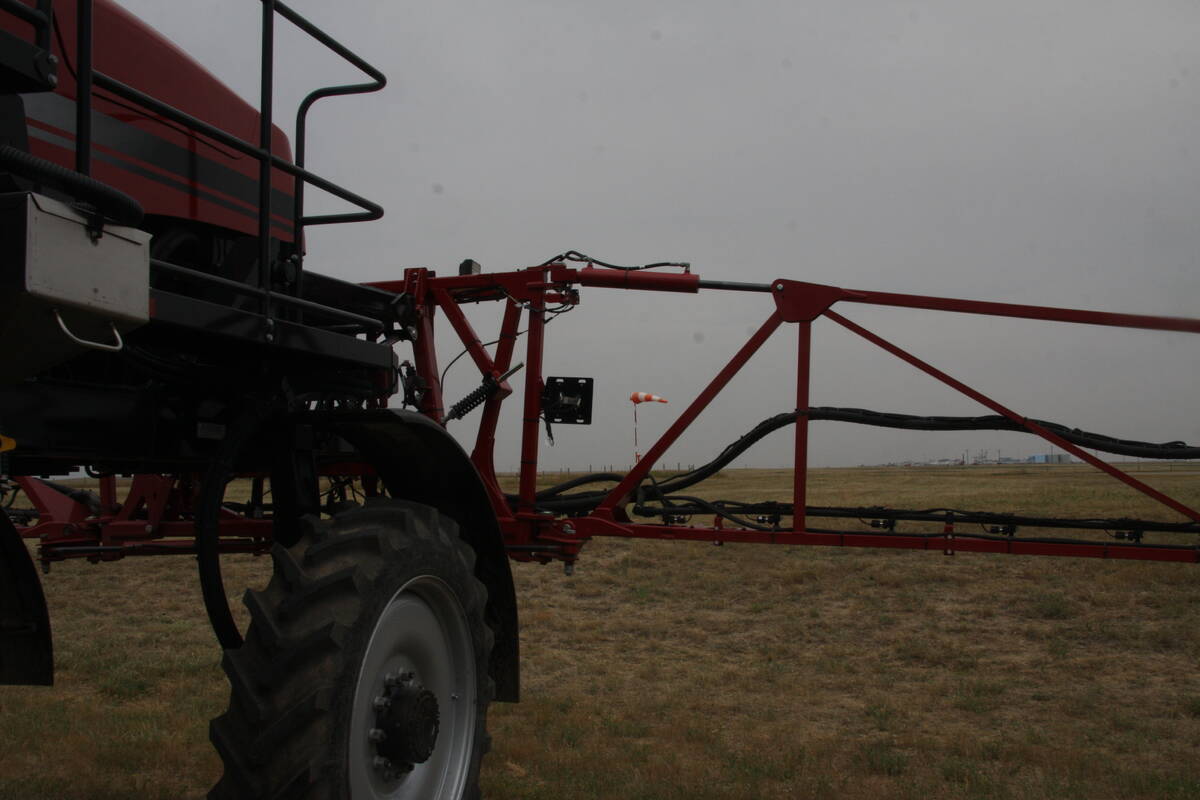Cloud-based SeedTrakr system continues to be refined with the input of the businesses that inspired its creation
Sometimes the idea for a new product literally walks through the door.
“So once upon a time Ron Jefferies, who I knew from curling and as a neighbour and things like that, wanders into my office with a broken laptop,” said Bill Rimmer. “He said, ‘can you help me with this laptop?’”
Rimmer is managing partner with Rimmer Technology Partners (RTP) in Glenboro, Man. The company develops custom software to handle critical functions such as supply chain and inventory management for businesses such as Neepawa-based pork processor HyLife.
Read Also

More work wanted on removing red tape
REGINA — Canadian farmers risk falling further behind competitors if two main federal agencies don’t become more efficient and responsive…
At first, Jefferies’ request was perplexing. His laptop was extremely dated, running Windows XP, an operating system Microsoft stopped supporting in 2014. Why not just buy a new one?
Jefferies runs Jefferies Seeds, a family-run business eight kilometres west of town. Years previously, he and some fellow SeCan pedigreed seed growers hired a programmer to develop a custom software package to help run their operations. It worked well and the growers came to depend upon it.
Unfortunately, updates weren’t part of the purchase plan and the programmer had long since moved on to other things. The software became more and more prone to crashing but the growers kept it limping along by restarting with a backup USB key.
“It keeps crashing but if he’s got the USB key every night, it’s OK,” Rimmer said. “I was like, ‘oh my god, this is horrible,’ right?”
After taking a closer look at the software, Rimmer found that although it wasn’t tasked with handling finances, it did look after other complexities in a seed business.
He saw an opportunity.
“I looked it over and got a handle on what it did and said, ‘What if we took a shot at this?’
“We’ll partner with you on it. I’ll give it to you for free; you help us figure out what we need to do because we don’t know the industry. We’re gonna have to learn a whole lot and we’ll work with you. We’ll get you guys up and running and then we’ll go from there and see what happens.”
With Jeffries Seeds acting as advisors and test pilots for the project, RTP started work on what would become SeedTrakr, a software solution that allows seed growers to ditch the spreadsheets, keep on top of inventory, sales, processing and logistics.
By the end of 2015, they had a product ready. They rented a booth at Manitoba’s CropConnect conference.
From the start, Rimmer and his team went with a cloud-based solution, which addressed two big issues: data security and keeping the software current.
“(SeedTrakr) is cloud native. Basically, you just need a web browser. You don’t need a USB key and you don’t need a server and you don’t need an IT guy.”
He said SeedTrakr handles all the “back office stuff” – in-yard management, which seed lot is next in line for cleaning, which one needs to be treated and when pickups are scheduled to arrive.
The cloud-based approach means SeedTrakr can reside on a desktop computer, tablet or smartphone, allowing access anytime and anywhere with a good data connection.
Growers can input data on seed stock, create and track orders and generate sales and performance reports.
Rimmer said SeedTrakr’s work starts as the crop comes off the combine.
“We’re from harvest all the way through to inventory through processing through sale and shipment. We do all of that.”
For the grower, the process begins with their knowledge of the field. They enter information on what pedigreed seed was planted. This is assigned an inventory lot number as the crop heads into the bin. The number is used with CSGA’s SeedCert service to obtain a certified seed number.
“So, they’ve got a lot number, they’ve got a crop certificate number and they’ve recorded how much they’ve harvested,” Rimmer said.
From there, the grower goes through the seed cleaning process, with the screenings going through regular commercial channels. The clean seed can fulfil contracts with larger seed companies or be sold directly to producers, depending on the business model.
The RTP team continues to beef up the SeedTrakr platform, drawing on experience in process improvement and automation from other industries.
Rimmer said the industry continues to give feedback to add more features and capability, which can be challenging. For example, adding capacity for the increasingly popular hybrid rye varieties meant working with 1,000 kernel weight rather than pounds.
SeedTrakr has had success. RTP’s own stats show that its pedigreed seed grower customers are using the platform to serve more than 19,000 of their customers so far, representing more than $1.3 billion in invoices for 142 billion bushels of seed.
SeedTrakr is available at seedtrakr.com. It comes with support to help get set up, tutorials to learn how to use the tools, and a 15-day free trial to take it for a test drive.

















